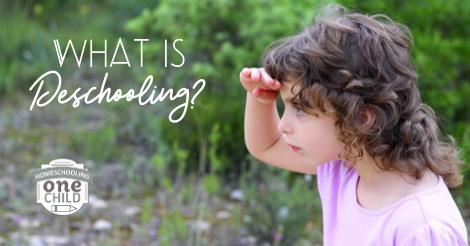 You've made the decision to pull your child from public or private school and homeschool. Great! Now what? Kids and parents who have been part of public schools are used to certain activities and behaviors: school is from 8 or so in the morning to 2, 2:30, or 3 in the afternoon, give or take. There are very few textbooks if at all, and most of the homework is via worksheets, the Internet, or projects. Learning is always judged on what a child has done with said homework, tests, end-of-grade texts, standardized testing, and report cards. Field trips, while a fun part of a school year, are few and far between and may or may not have anything to do with the curriculum. Reading is a chore. Don't get me started on the fundraising. So you've made the decision, for what ever reason, to go from the above to homeschooling. Perhaps you know some homeschoolers. Perhaps you were once homeschooled yourself. Perhaps you have a pre-conceived idea that you don't have enough children to homeschool as most homeschoolers you know have at least nine kids, a huge 15-passenger van, three goats, and make their own hummus. There are many homeschoolers who, for whatever reason, only teach one child, have a normal sized-vehicle, own no goats. I don't even like hummus. Regardless of how or why you came to homeschool, if you pull your children from public or private school to homeschool, you will need to "deschool." Deschooling is a process in which you and your children unlearn behaviors, attitudes, and notions about what school is like, "should" look like, and what it will look like in your own, personalized, special homeschool. It's like an educational detox. So how do you do this? The first thing to do is to formally register your homeschool with your state, according to your state's requirements, and officially withdraw your children from their schools. You will need the official paperwork from the state with your homeschool's name to withdraw, but it's easy to obtain after your register your homeschool. Always register your homeschool prior to withdrawing your students. After that, deschooling can begin. Have a conversation with your kids about what they want their homeschool to be like. If they have input, than the homeschool will be more likely to succeed. Look at homeschool catalogs, attend homeschool conferences and conventions, and explore curricula together. Do some Internet research on area homeschool groups and meetings, and just explore. Many museums and historical sites, plus science centers, have homeschool days or programs. In the days, weeks, and months of deschooling, don't focus on academic work so much as learning in different ways. That's the beauty of deschooling before you start a formal or eclectic curriculum: learning can happen without worksheets (gasp!). Learning can happen while watching a "How it's Made" television show or documentary, and it can happen with just conversations. You're focusing during the period of deschooling on figuring out what your child's learning style is, so you can teach so that he will learn the best way. Eventually, especially for high school, you will want to keep grades for the transcript. But don't focus so much energy on the numbers of grades; instead, focus on what the child is learning. If she is really into horses, allow her to learn about the science of horses, the art of horses, and horsemanship. She can study about horses in history -- horses' involvement in World War I would be a great research paper for high school. Some homeschooling families choose to continue deschooling as a curriculum. With my daughter, we have an eclectic homeschool: we don't have a boxed curriculum; instead, it's a mix-and-match of various resources. We do a good bit of deschooling as we talk a lot, watch documentaries and educational TV, and go on a lot of field trips. Field trips are incredible learning experiences. We have gone to museums, science centers, historical battlefields, and learned so much about many topics. It makes what you're learning in books real. Recently Laura was learning about colonial North Carolina and how the early colonists used the Great Dismal Swamp to transport goods. We visited my oldest daughter and her husband in Norfolk, Virginia, and passed by the Great Dismal Swamp, even going to the visitor center and learning about it. Going home and studying the swamp's impact on colonial North Carolina and Virginia after that hammered the information in. It's a good idea to gauge if kids are getting anything out of field trips -- download this Field Trip Report and print it out for each child, as an on-the-way home activity to do in the car. Deschooling will get your and your kids in a different rhythm for homeschool. And, listen -- homeschool does not have to happen between 8 a.m. - 2:30 p.m. It can happen any time, as long as it happens. It's not constricted to Monday-Friday, either. You can take time off for vacations, time off if you need a mental health day, or homeschool on the weekend. It's all up to you and your family. Enjoy this time. Peace, Terrie (C) 2020 Terrie Bentley McKee ALL RIGHTS RESERVED
0 Comments
Leave a Reply. |
AuthorTerrie Bentley McKee is an author and speaker who homeschools her youngest daughter. Married to her husband Greg, they have four children, all of whom have special needs of varying degrees. Terrie is a follower of Jesus Christ and tries to glorify God in all she does. To read more about her testimony, click here. Affiliate LinksHomeschooling One Child is a participant in the Amazon Services LLC Associates Program, an affiliate advertising program designed to provide a means for sites to earn advertising fees by advertising and linking to amazon.com. Check out our YouTube channel!Check out our podcast!Please pin!Archives
January 2024
Categories
All
|
- Home
- Blog
- Podcast
-
Resources
- Teach What is Good Devotional
-
Convention Resources
>
- Homeschooling a Teen with Autism
- Tips on Creating a Disability-Inclusive Church
- How to Teach Your Exceptional Child about Faith
- Homeschooling Preschoolers with Autism
- How to Pick Developmentally Appropriate Curriculum for your Autistic Child
- Overwhelmed
- Homeschooling One Child
- Life Skills Chickens
- Strategies on Homeschooling Kids with Special Needs
- About Us >
- Vlog
- Homeschooling News
- Printables
- Special Needs
- Curriculum
- Encouragement
- Home Management >
- History
- Science
- 25 Days of Advent
- Courses
- Store
(C) 2023 Terrie Bentley McKee ALL RIGHTS RESERVED
- Home
- Blog
- Podcast
-
Resources
- Teach What is Good Devotional
-
Convention Resources
>
- Homeschooling a Teen with Autism
- Tips on Creating a Disability-Inclusive Church
- How to Teach Your Exceptional Child about Faith
- Homeschooling Preschoolers with Autism
- How to Pick Developmentally Appropriate Curriculum for your Autistic Child
- Overwhelmed
- Homeschooling One Child
- Life Skills Chickens
- Strategies on Homeschooling Kids with Special Needs
- About Us >
- Vlog
- Homeschooling News
- Printables
- Special Needs
- Curriculum
- Encouragement
- Home Management >
- History
- Science
- 25 Days of Advent
- Courses
- Store
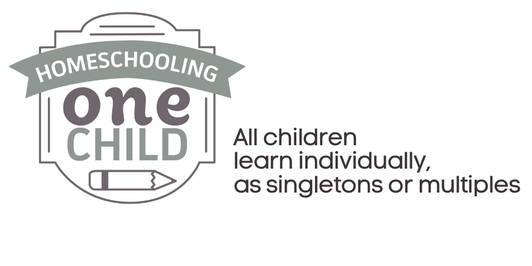
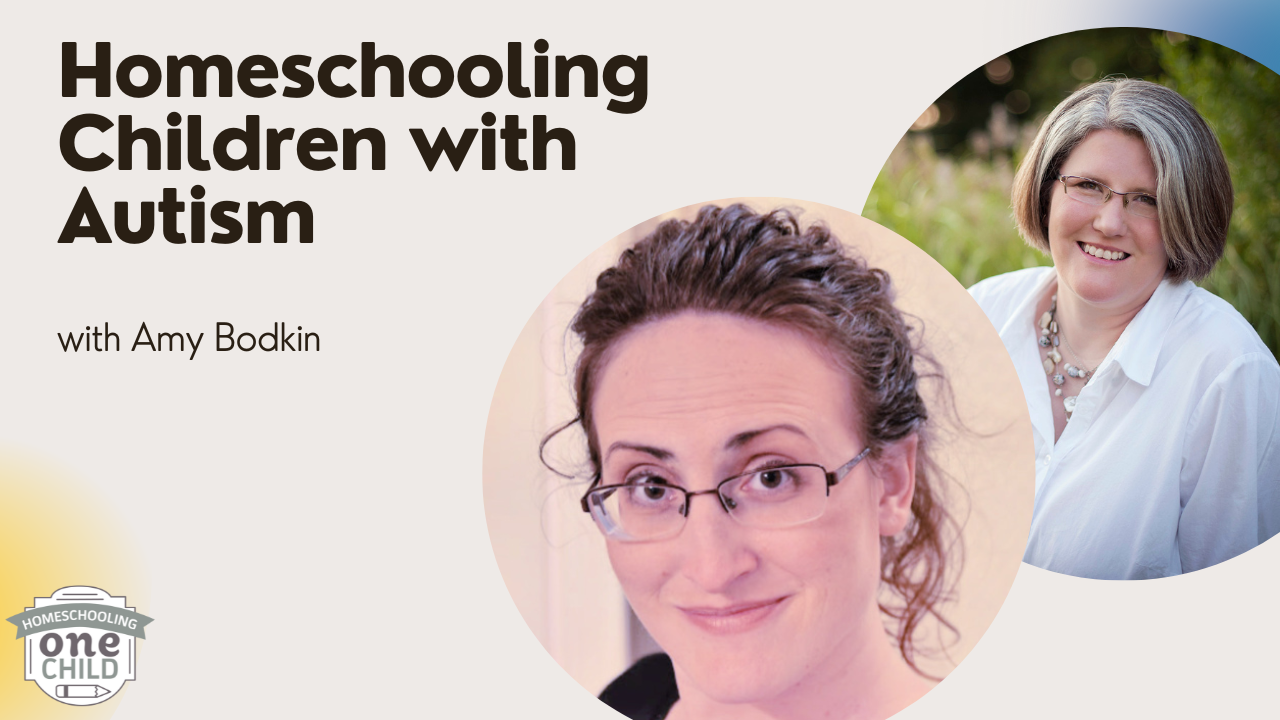
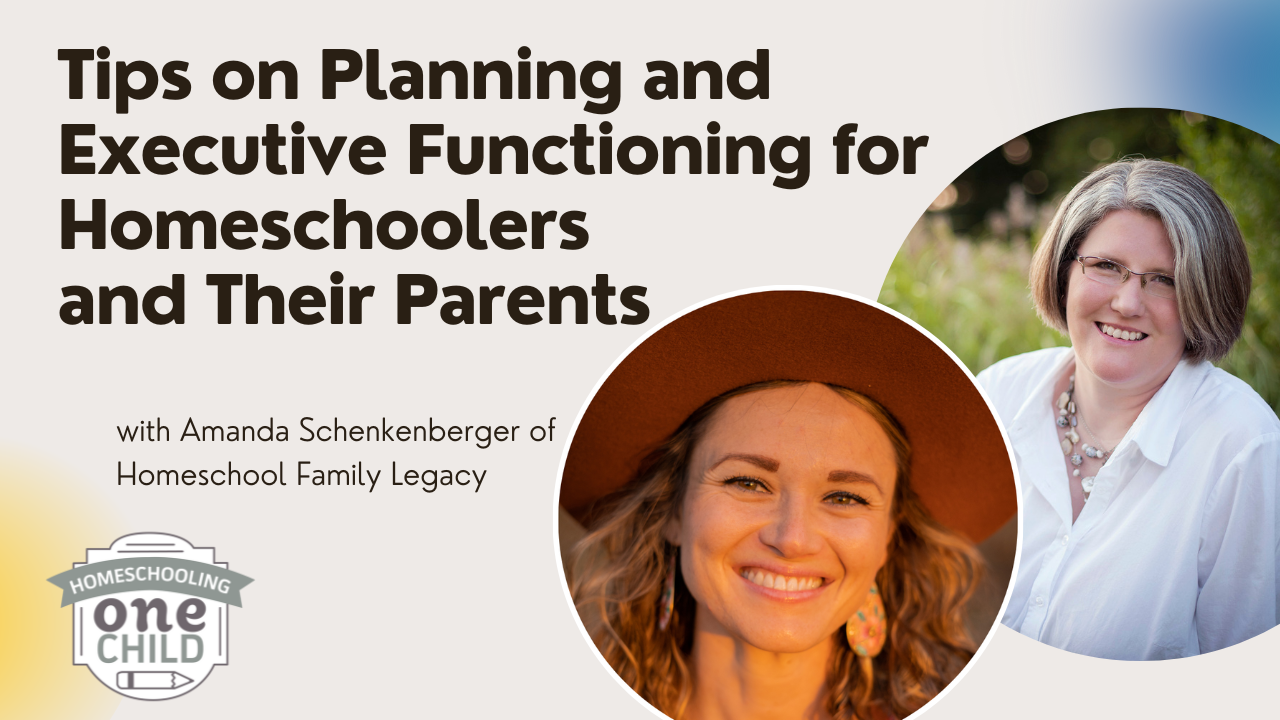
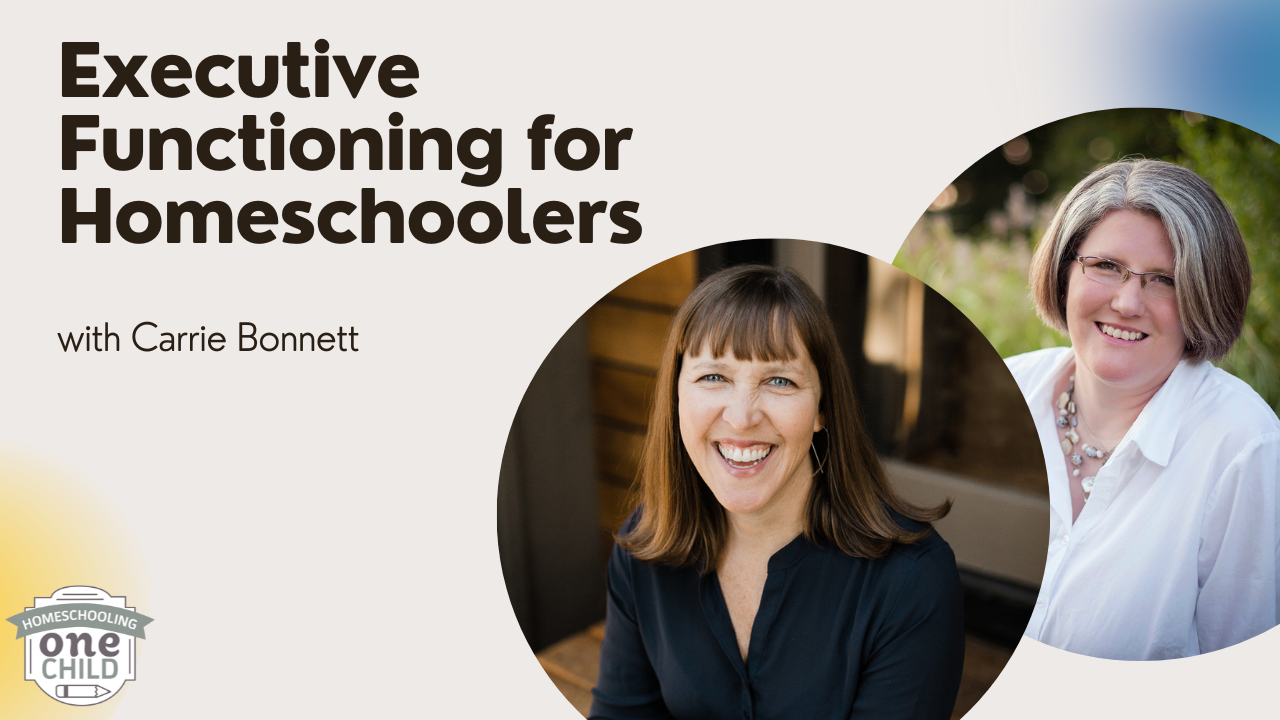
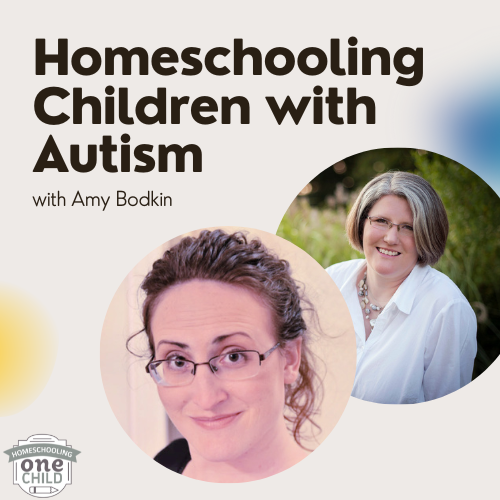
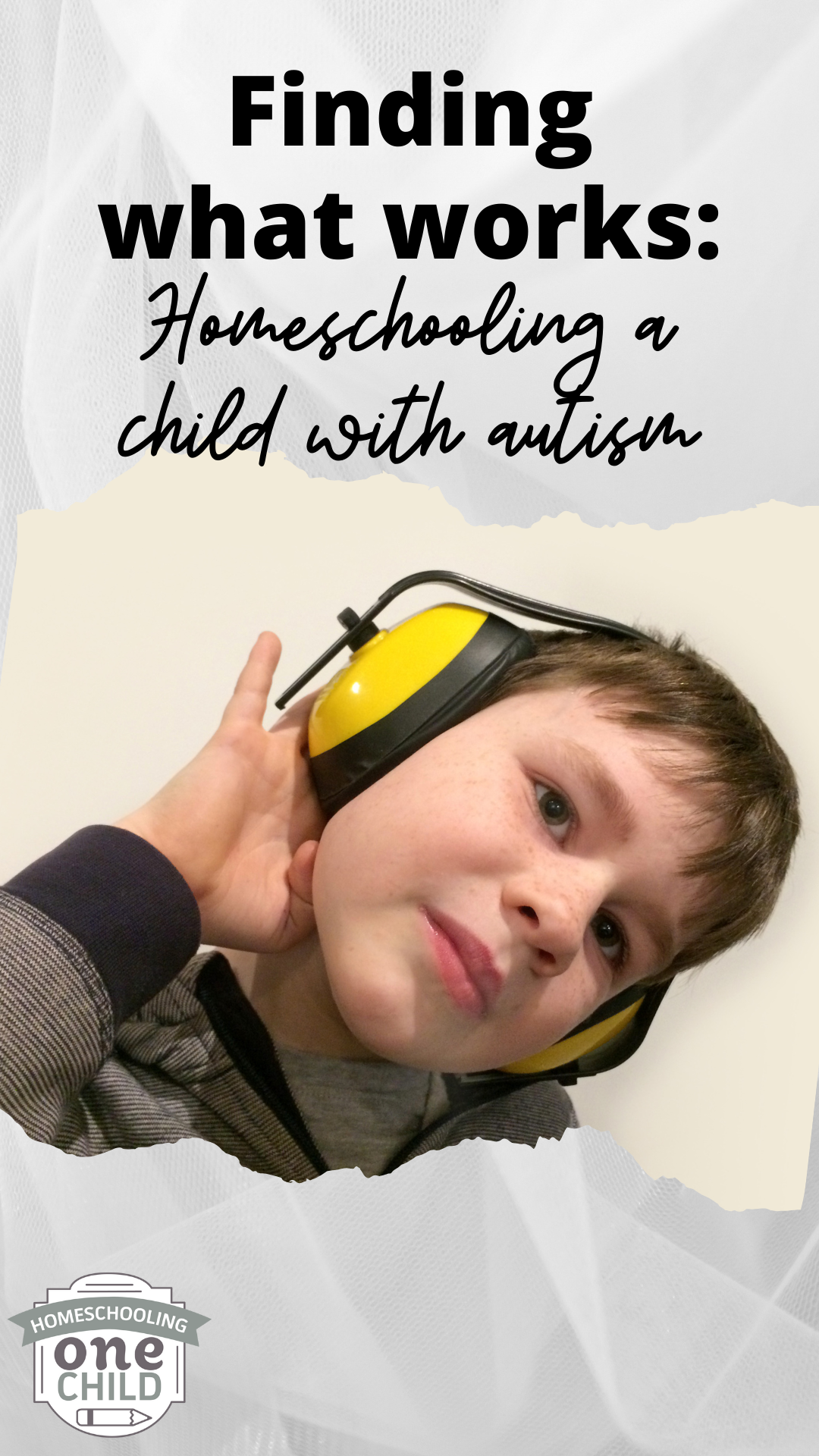
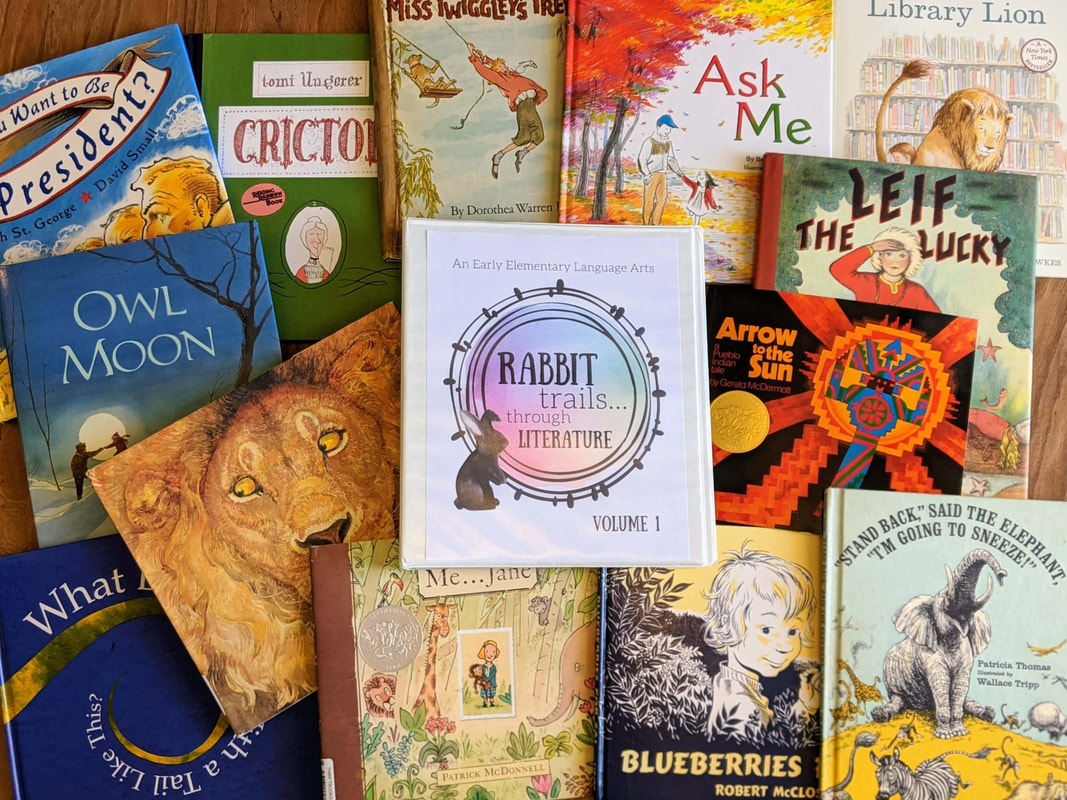
 RSS Feed
RSS Feed
